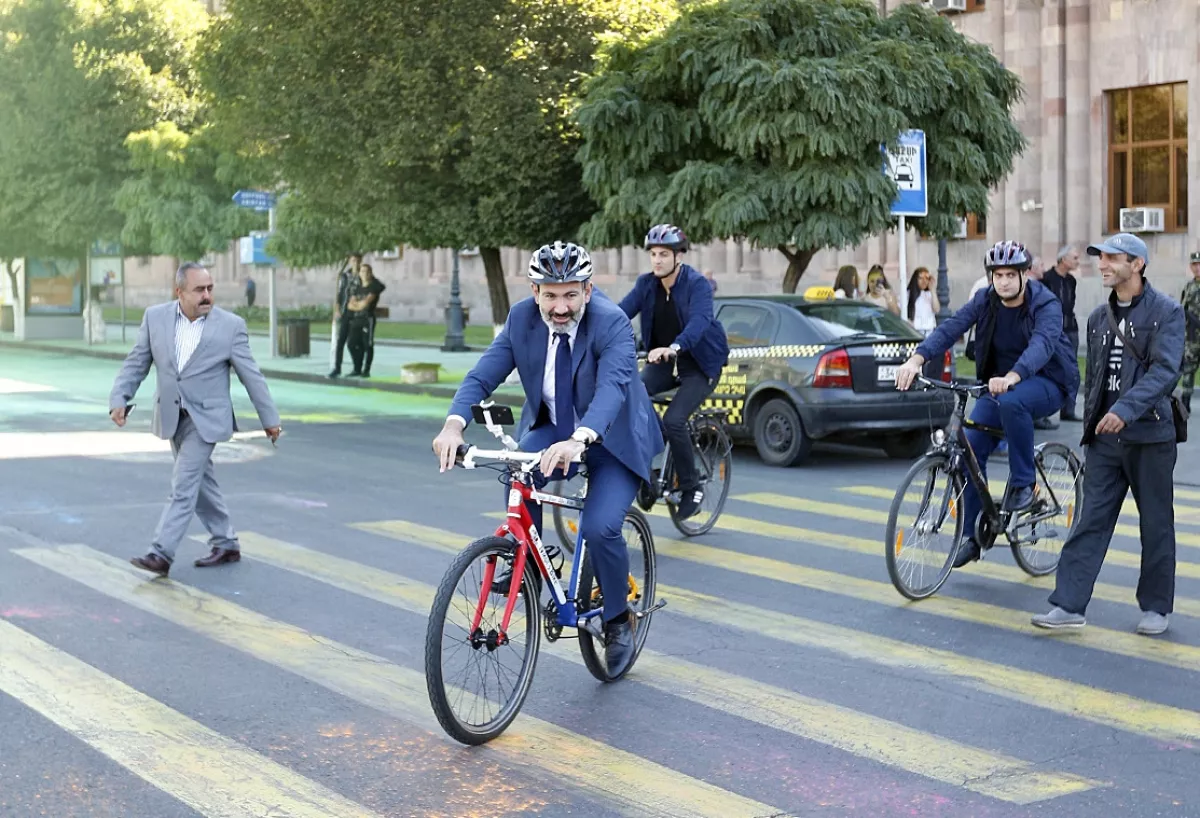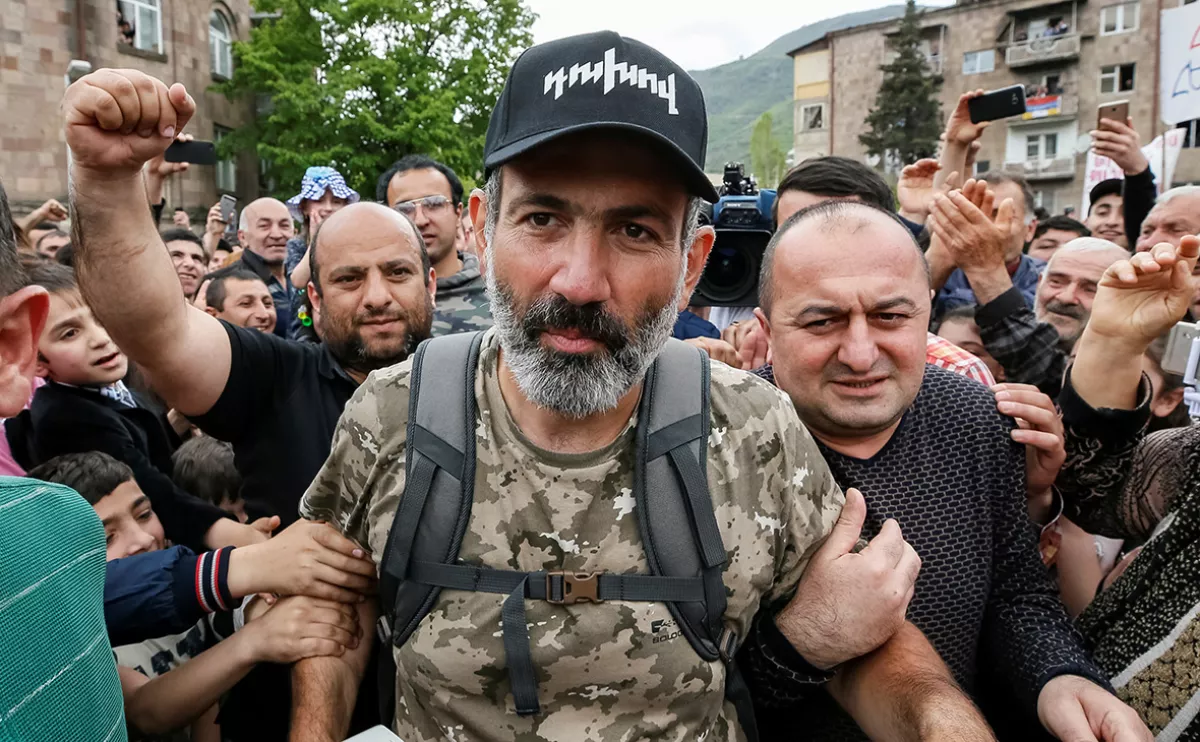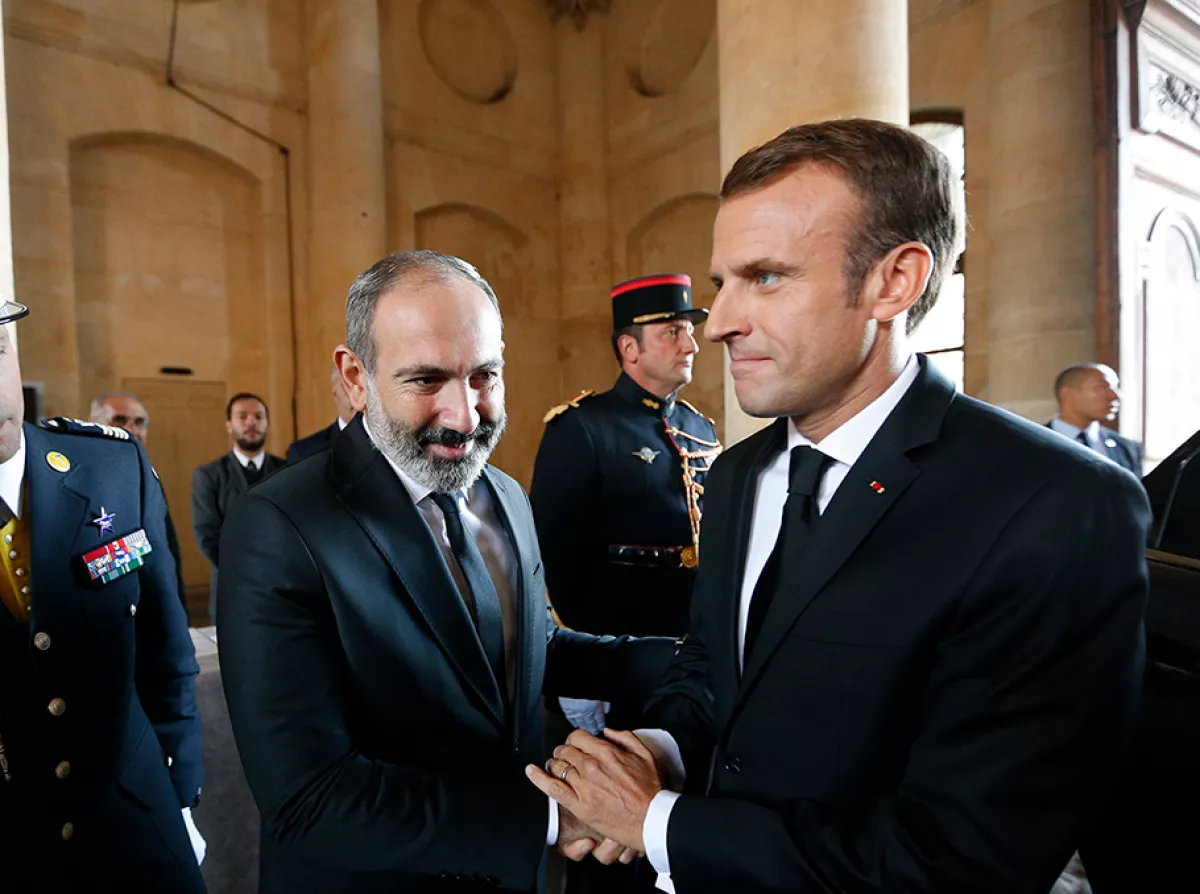Armenian PM’s new PR strategy won’t save him from political decline Cycling through problems
Armenian Prime Minister Nikol Pashinyan recently announced on Instagram that the cycling tour “Around Sevan” will become an annual event, with the next edition scheduled for August 30-31, 2025. This development warrants some critical reflection.
It is somewhat amusing to witness Nikol Vovayevich's transformation from a national leader into a travel blogger, showcasing the country’s tourism potential through bicycle tours. However, it is important to remember that Pashinyan transitioned into politics from a career in journalism, particularly in sensationalist journalism known for attracting attention through scandals and rumors.

However, it is important to recognize that Nikol Pashinyan has been employing a new public relations strategy for some time now. As part of this approach, the Armenian Prime Minister, often accompanied by his wife, has been traveling across Europe, including by bicycle. Additionally, social media has featured videos of Pashinyan returning home with grocery bags, while his wife, Anna Hakobyan, prepares meals that include Azerbaijani dishes presented as Armenian.
Pashinyan has also been visiting various regions of the country, treating local children to ice cream. The current “Around Sevan” cycling tour fits within this PR strategy, aimed at portraying him as “close to the people.” This approach mirrors his initial rise to power, which was significantly bolstered by his tour from Gyumri to Yerevan.
Dressed in a khaki T-shirt and baseball cap, wielding a megaphone, Pashinyan led his march to the Armenian capital, rallying increasing numbers of supporters. This marked the beginning of what was later dubbed the “kebab revolution”. However, since then, Pashinyan’s public trust has significantly waned, while distrust has surged—a natural consequence, given the collapse of his Karabakh strategy.
It is unlikely that those who supported his rise to power could have anticipated that Nikol Vovayevich would become the architect of successive defeats for his country. Enthusiasts of Nikolism had cheered his triumphant, albeit inebriated, dances in temporarily occupied Shusha and his bold declarations in Khankandi asserting that “Karabakh is Armenia, and period”. Yet, Pashinyan and his followers seemed oblivious to the repercussions of such rhetoric.

Ultimately, they now face the task of defending Armenia’s defeat in the 44-day war and explaining Azerbaijan’s restoration of its full sovereignty and territorial integrity following a one-day anti-terrorist operation in the Karabakh economic region last September. But this was not the end of their troubles.
The effort by Armenia, under Pashinyan’s leadership, and its new allies, particularly France, to condemn Azerbaijan has ultimately failed. Their attempts to criticize Azerbaijan have instead highlighted Azerbaijan's adherence to international law and Article 51 of the UN Charter. Pashinyan is increasingly facing criticism for the lack of tangible results from his strategy to discredit Azerbaijan.
Furthermore, it is important to consider that Pashinyan’s principal supporter, French President Emmanuel Macron, is himself in a precarious position. Macron has long been regarded as a “lame duck” with mounting calls for his resignation. The situation has been further complicated by recent controversies involving Pavel Durov, the co-founder of Telegram, which has intensified Macron’s difficulties.

In this regard, Macron certainly does not care about Pashinyan, a fact the Armenian Prime Minister is well aware of. Additionally, Pashinyan understands that the collective West is demanding concrete actions, not mere rhetoric, particularly regarding severing ties with Russia. However, Armenia has not exited the Collective Security Treaty Organization (CSTO), the Russian military base in Gyumri remains operational, and Russian border guards still oversee the Armenian-Turkish and Armenian-Iranian borders.
Moreover, Armenia’s trade turnover with Russia has surged to $7.4 billion over the past two years. The West is acutely aware of these facts, which could potentially prompt them to initiate a process to alter the leadership of the Armenian Prime Minister.
Ironically, Pashinyan has managed to alienate both the West and Russia. Under these circumstances, no amount of PR strategies, including portraying Nikol Vovayevich as a cyclist, will be effective. The key issue now is not if, but when Pashinyan will lose power and who will succeed him.








